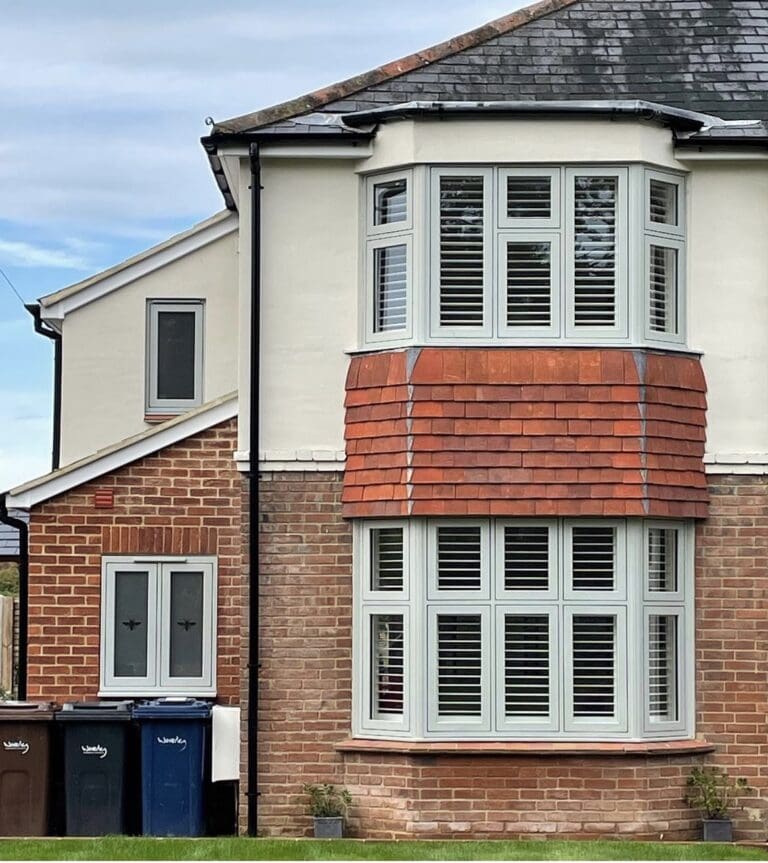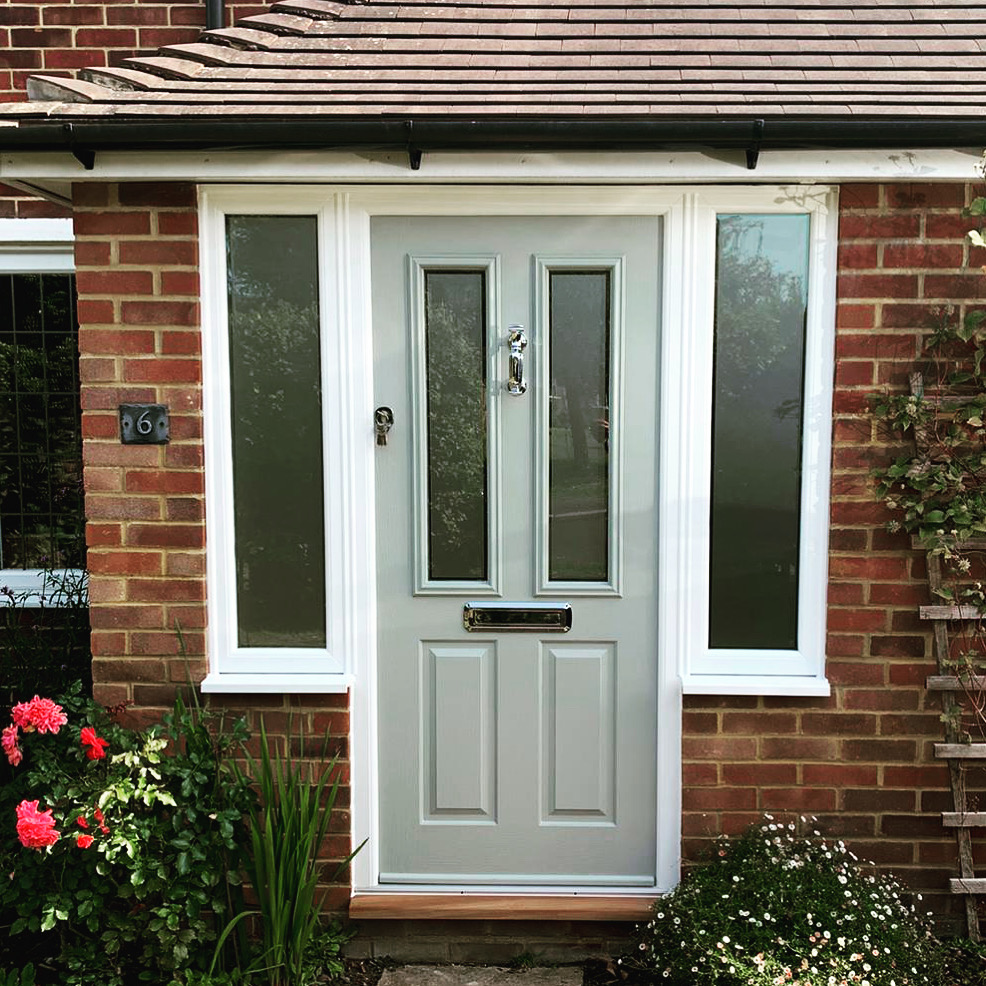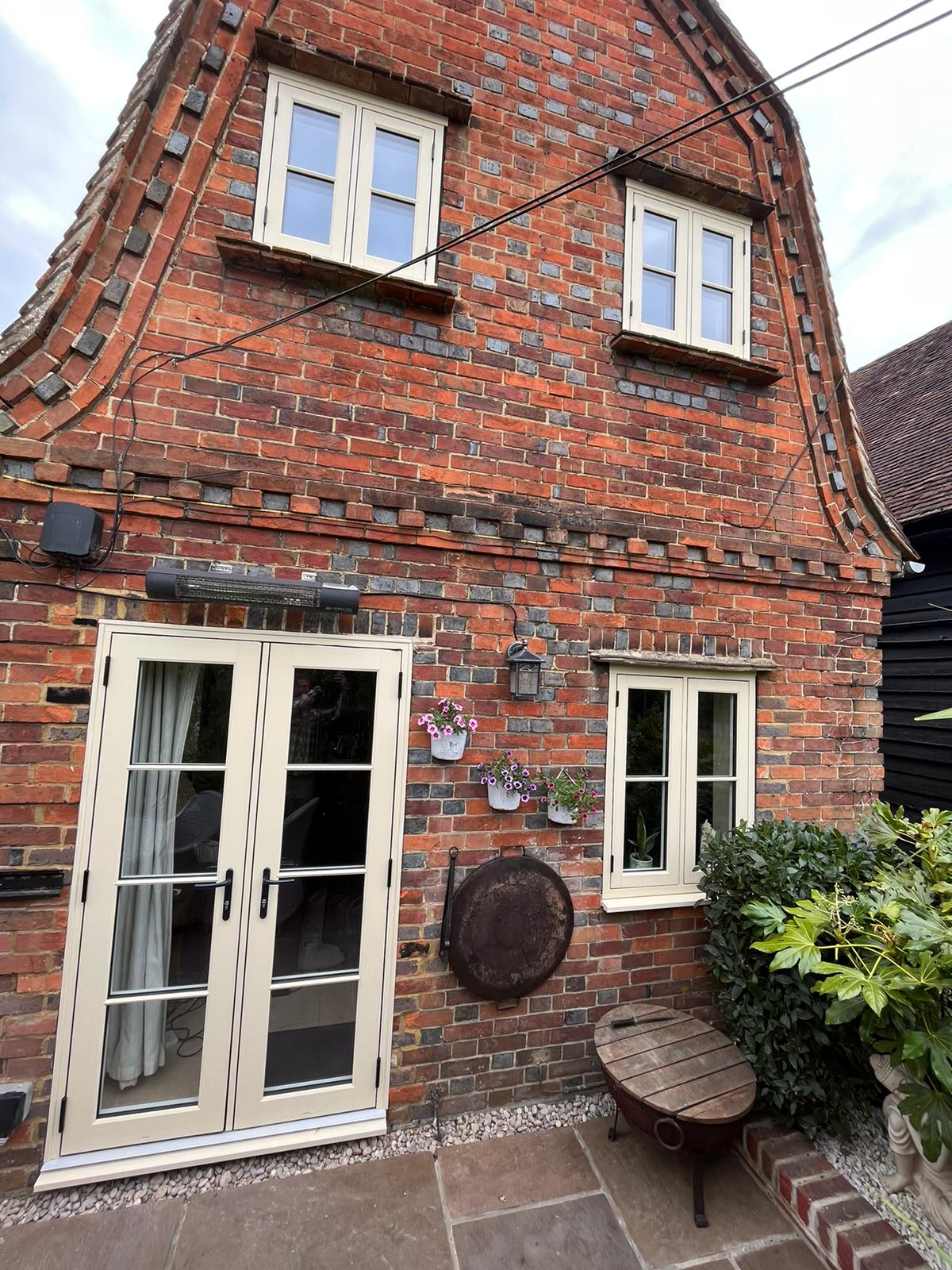Simple checks, signs of weakness, and what to look for in secure windows
When it comes to home security, windows are often one of the most overlooked entry points. But with opportunistic intruders often checking for weak spots first, ensuring your windows are as secure as possible is key to keeping your home and family safe. Whether you’ve recently moved in, lived in your property for years, or are simply curious—here’s how to check how secure your windows really are, and what to do if they need upgrading.

1. Do Your Windows Lock Properly?
It sounds obvious, but one of the easiest checks is whether your windows actually lock—and stay locked. Try each handle and check that the locking mechanism feels solid and clicks firmly into place. If your locks feel loose, stiff, or don’t fully engage, it may be time to repair or replace the locking system.
Tip: Modern windows often come with multi-point locking systems, which provide far greater security than a single latch.
2. What Condition Are the Frames In?
Rotten timber, rusting metal, or warped uPVC can all compromise the strength of your window frames. Even the most secure window is only as strong as the material holding it in place. If your window frames are damaged or weakened, they’re much easier to force open.
If you spot soft spots in the frame, visible gaps, or signs of damp, it’s worth having a professional assess whether repairs or replacements are needed.
3. Do the Windows Close Flush?
A secure window should sit flush in its frame when closed. If your windows rattle, have visible gaps, or don’t seem to close all the way, that could be a sign they’ve become misaligned over time—or weren’t fitted properly to begin with. Gaps aren’t just a security concern—they can also let in draughts and noise.
4. What Type of Glass Do You Have?
Standard single glazing is easy to smash and offers very little protection. By contrast, laminated or toughened double glazing is much harder to break, providing a strong deterrent to burglars.
For the most secure windows, look for options that meet PAS 24 standards (a UK standard for enhanced security performance).
5. Check for Key Locking Handles
If your windows open outward (like many casement styles), make sure they have key-operated locking handles. These offer an added layer of security—especially when you’re away from home for longer periods.
Even if your windows are upstairs, it’s still worth locking them. A first-floor window over a flat roof or garage can still be a vulnerable entry point.
6. Window Security Upgrades Worth Considering
If your checks suggest your windows aren’t up to scratch, don’t worry—there are several ways to improve security without a full replacement:
- Add or upgrade window locks
- Install sash jammers or restrictors
- Apply security film to existing glazing
- Upgrade to secure double glazing or laminated glass
- Replace older frames with modern, secure uPVC or aluminium options
If your windows are over 10–15 years old, it might be time to consider replacing them with more secure, energy-efficient alternatives. Newer designs often include enhanced locking systems, stronger frames, and toughened glass as standard.
Your windows should give you peace of mind—not cause worry. With just a few simple checks, you can get a clear picture of how secure they are and take steps to improve things if needed. If in doubt, it’s always best to speak with a professional.
At Milford Window Company, we offer secure window replacements and upgrades to help keep your home protected. If you’re concerned about your window security or want to find out more about secure window options, we’re here to help.

